Some cars are more than just transportation—they’re icons. Whether it was due to changing markets, corporate decisions, or shifting trends, many legendary cars met an untimely end, leaving enthusiasts wondering what could have been.
From high-performance muscle cars to quirky cult classics, here are 10 legendary cars that never should have been canceled.
1. Toyota MR2 (1984–2007)
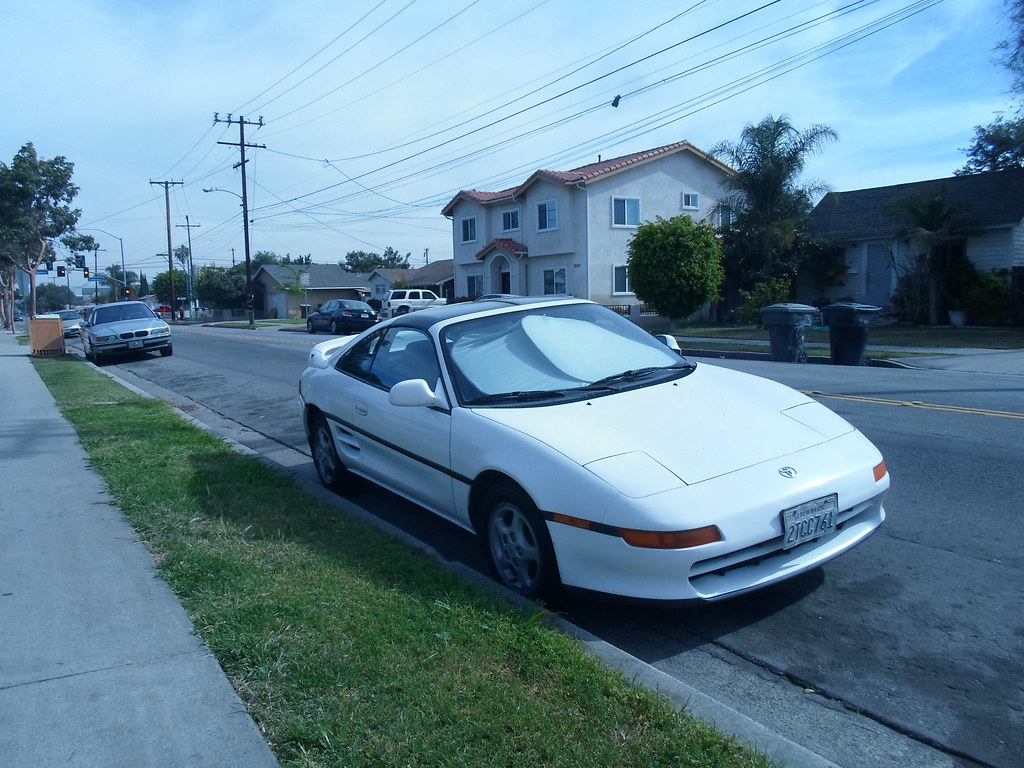
A lightweight, mid-engine sports car with affordable Ferrari-like handling, the Toyota MR2 was the dream car of budget-conscious enthusiasts.
Despite its loyal following, Toyota axed it in 2007, leaving a huge gap in the affordable mid-engine sports car market. Rumors of a revival keep popping up, but so far, the MR2 remains a beloved relic of the past.
2. Pontiac Firebird/Trans Am (1967–2002)
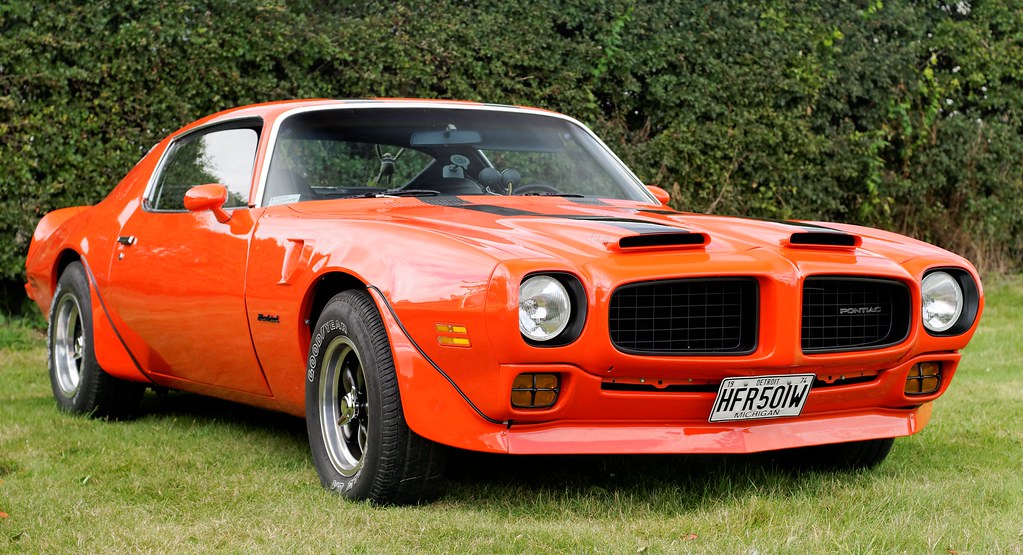
The Firebird and Trans Am were Pontiac’s answer to the Mustang and Camaro—especially with its screaming chicken decal and T-top glory days.
GM killed Pontiac in 2010, but fans still dream of a Firebird revival. The closest we’ve gotten? Aftermarket Camaro-based conversions.
3. Mazda RX-7 (1978–2002)
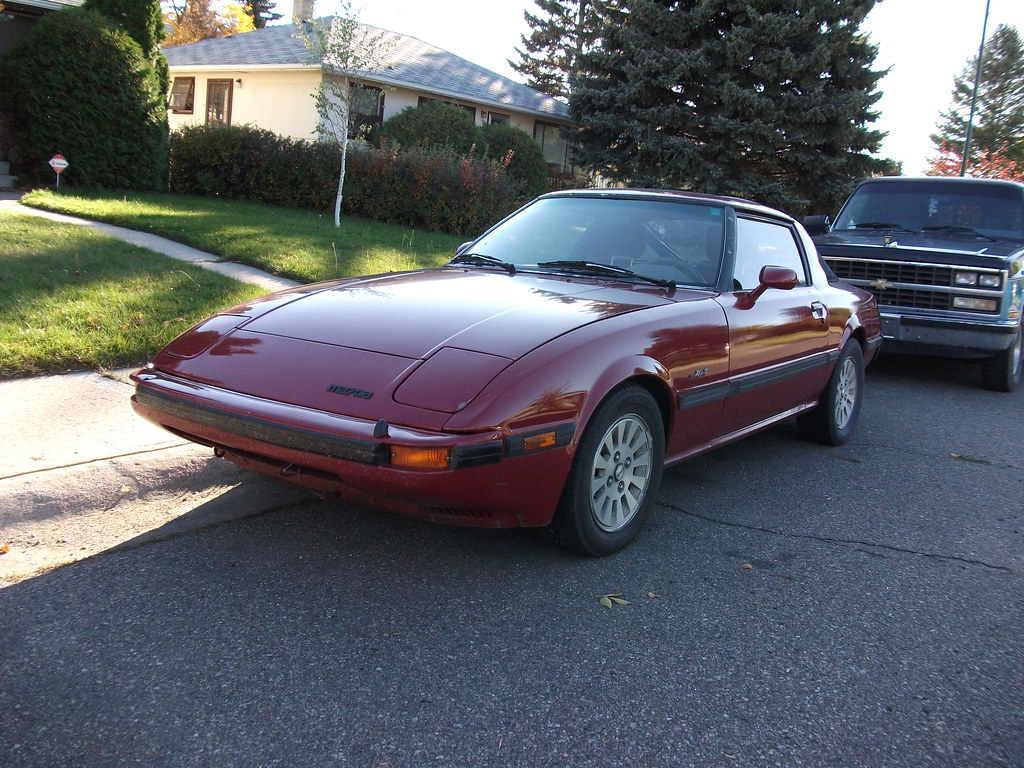
The RX-7 was Mazda’s rotary-powered masterpiece, offering lightweight agility and a unique driving experience. The third-gen RX-7 became a legend thanks to its twin-turbo rotary engine and timeless styling.
Mazda replaced it with the RX-8, but it never captured the same magic. The RX-7 deserves a comeback—preferably without the reliability headaches.
4. Honda S2000 (1999–2009)
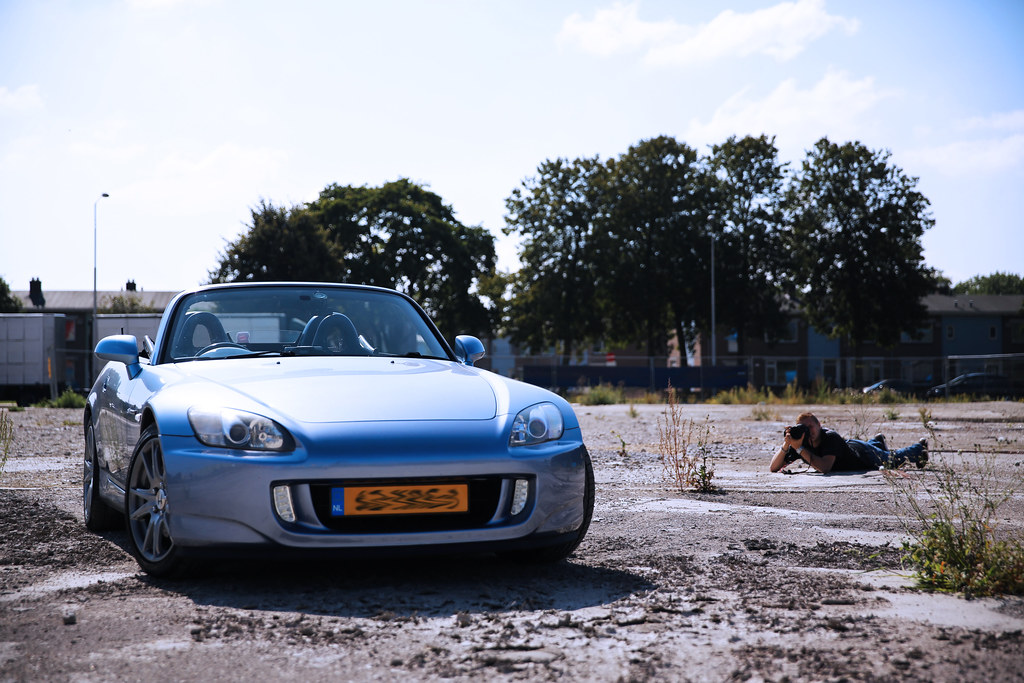
A high-revving, naturally aspirated VTEC roadster that could hit 9,000 RPM? Yes, please! The Honda S2000 was a precision-driving masterpiece, offering one of the best manual gearboxes ever made.
Honda ended production in 2009, and nothing has truly replaced it. The world needs an S2000 revival—especially with all the tech Honda has today.
5. Dodge Viper (1992–2017)
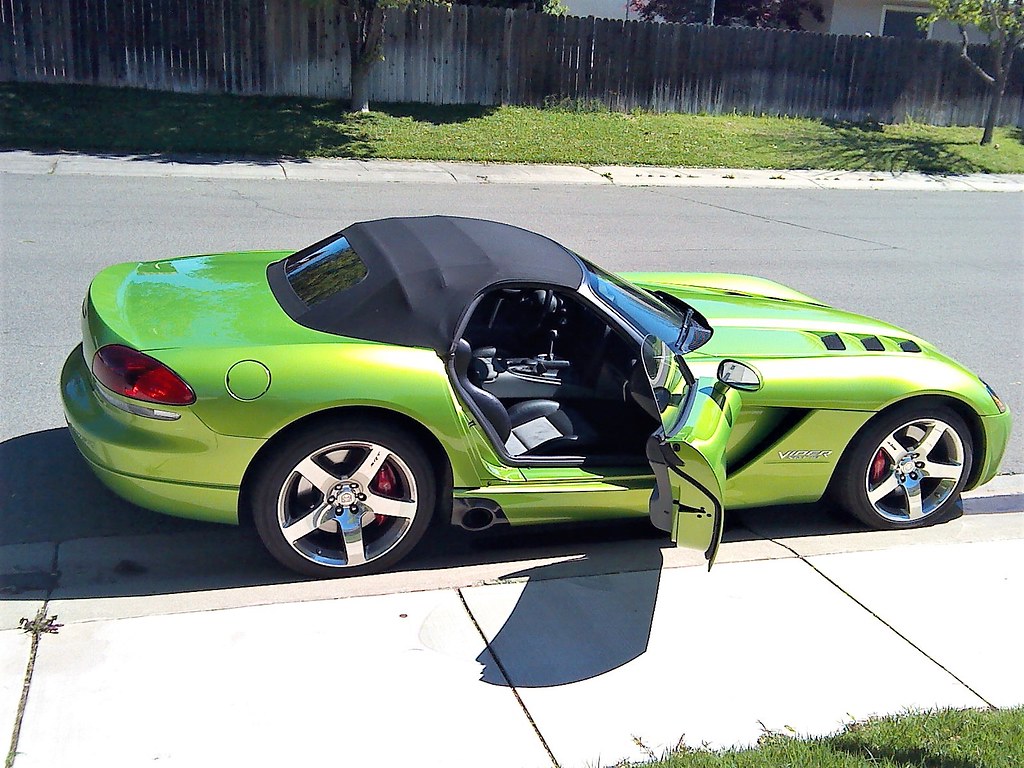
The Viper was pure, unfiltered American muscle, featuring a monstrous V10 engine, brutal acceleration, and a no-nonsense, driver-focused cockpit.
Despite its racing pedigree and die-hard fan base, FCA (now Stellantis) pulled the plug in 2017. The muscle car world hasn’t been the same since.
6. Mitsubishi Lancer Evolution (1992–2016)
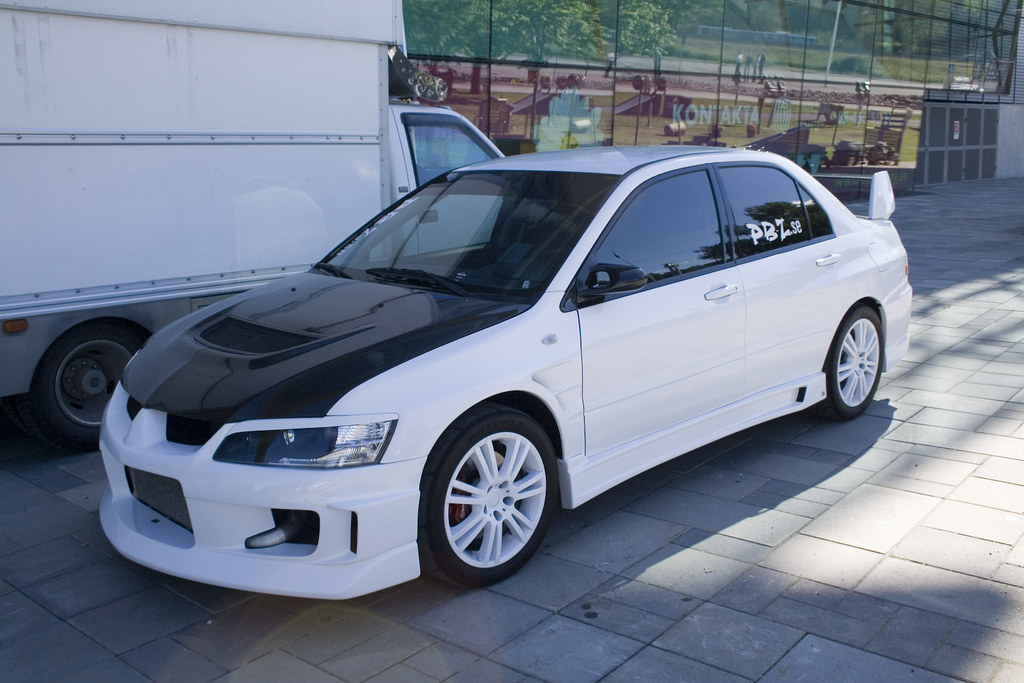
The Evo was the street-legal rally car that battled Subaru’s WRX STI for years. With its turbocharged power, AWD grip, and aggressive styling, it was a dream car for tuners and racers alike.
Mitsubishi killed it in 2016, opting for boring crossovers instead. The world is still waiting for a proper Evo comeback.
7. Ford GT (2004–2006, 2017–2022)
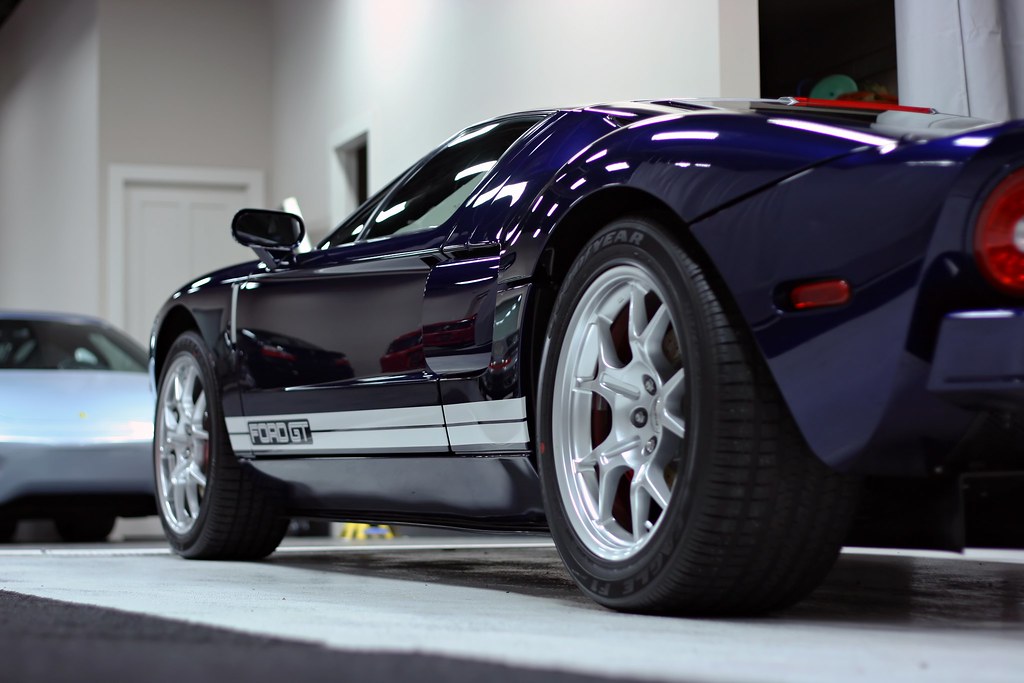
The Ford GT is one of the most iconic American supercars, paying tribute to the legendary GT40 that beat Ferrari at Le Mans. It had two modern revivals—the 2005 model and the EcoBoost-powered 2017 edition—but both had short production runs.
Ford should make the GT a permanent fixture, rather than a once-in-a-decade nostalgia act.
8. Chevrolet SS (2014–2017)
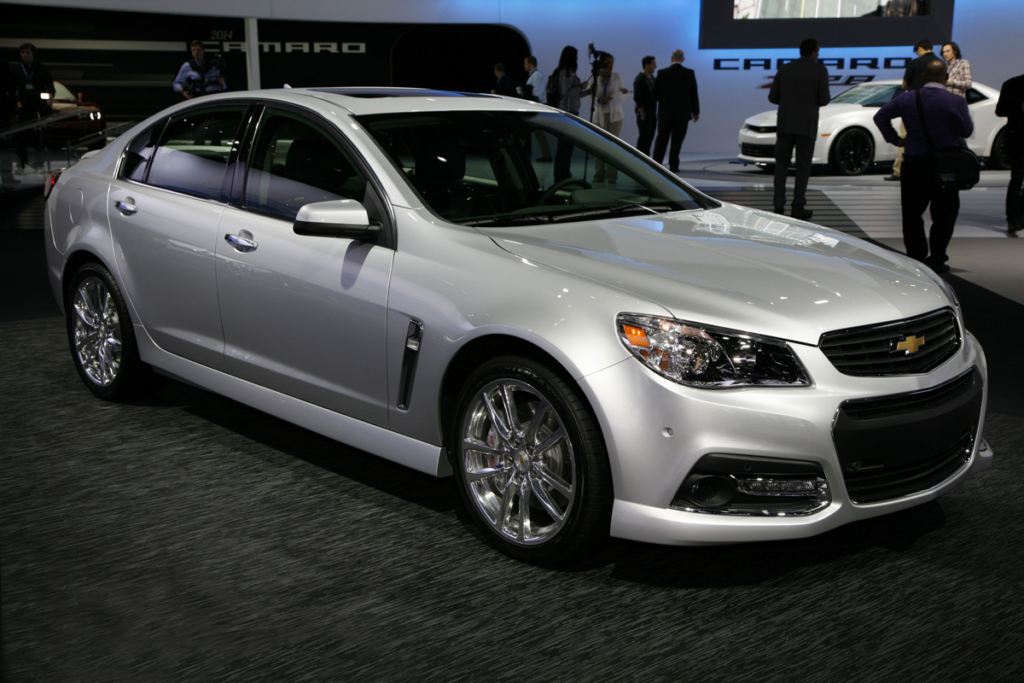
The Chevy SS was the ultimate sleeper sedan—a rear-wheel-drive, V8-powered, manual-transmission family car straight from Australia.
Chevy barely marketed it, and as a result, it flopped in sales. If it had better branding, it could have been America’s BMW M5 rival.
Read More: 10 Discontinued Tech Products That We Still Miss Today
9. DeLorean DMC-12 (1981–1983)
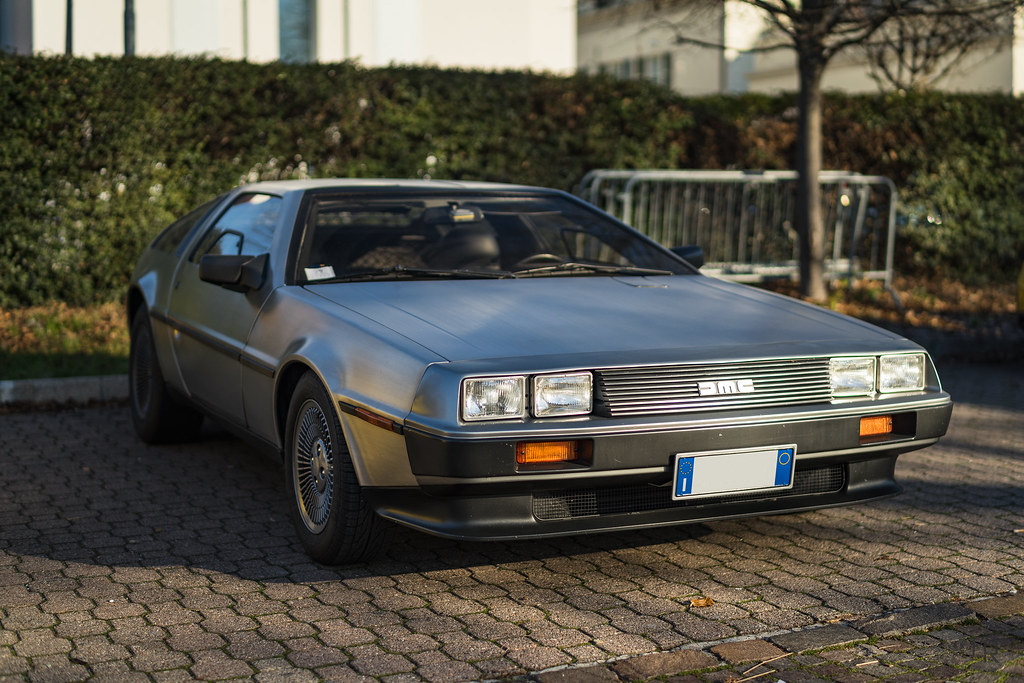
Thanks to Back to the Future, the DeLorean DMC-12 became a pop culture icon. But the car itself was flawed—underpowered, overpriced, and poorly marketed.
With modern tech, DeLorean could finally build the car it was meant to be. And with recent electric vehicle rumors, maybe the DeLorean’s time has finally come.
Read More: 10 Trucks So Tough They Might Outlive You
10. Nissan 240SX (1989–1998)
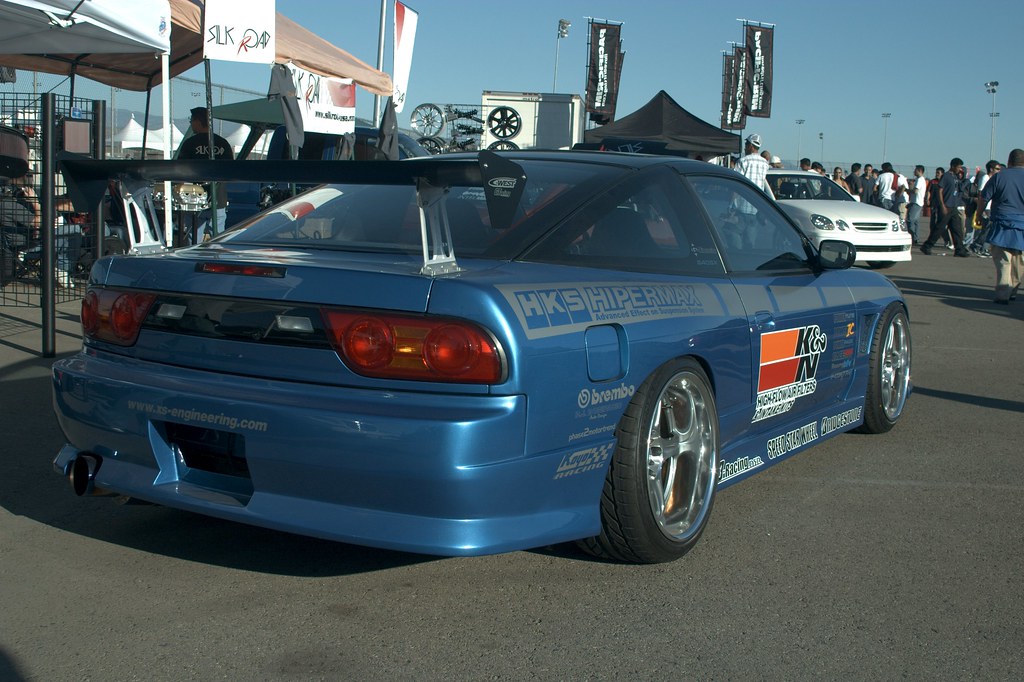
A lightweight, rear-wheel-drive coupe that became a drift legend, the Nissan 240SX was the perfect entry-level sports car.
Nissan never gave us a true replacement—just heavy, bloated Z-cars that don’t quite capture the same spirit. It’s time for a spiritual successor.
Read More: 10 Wild (But Realistic) Predictions for the Next 50 Years of Automotive Tech

